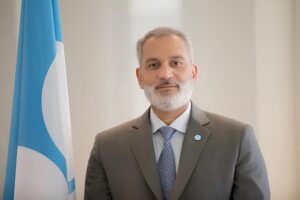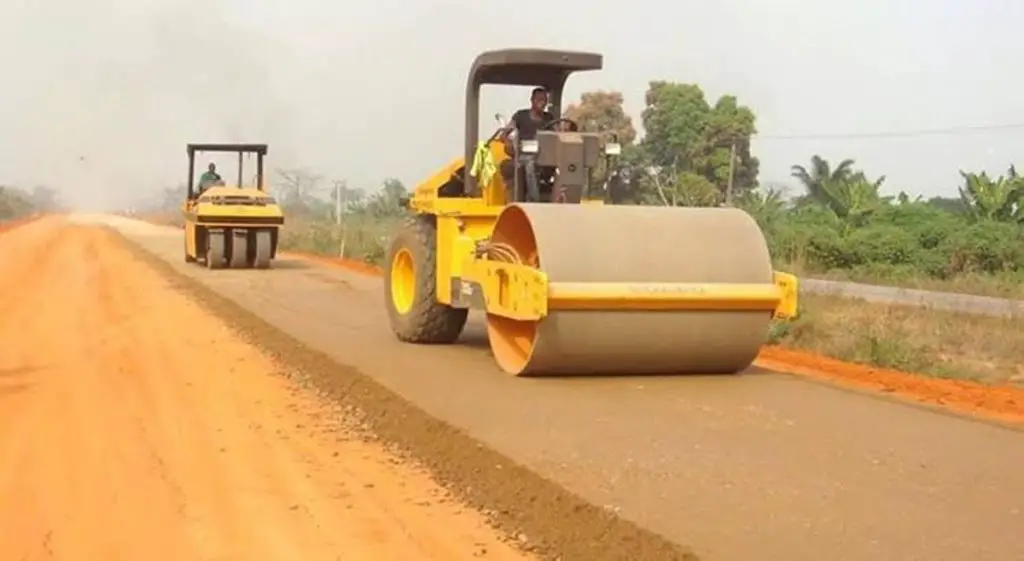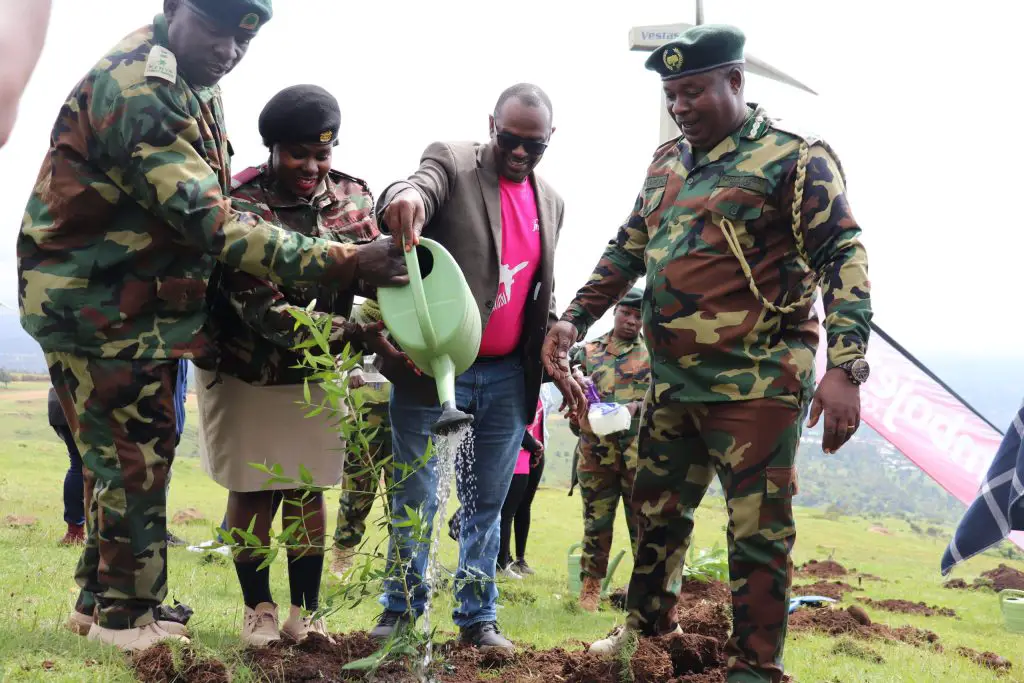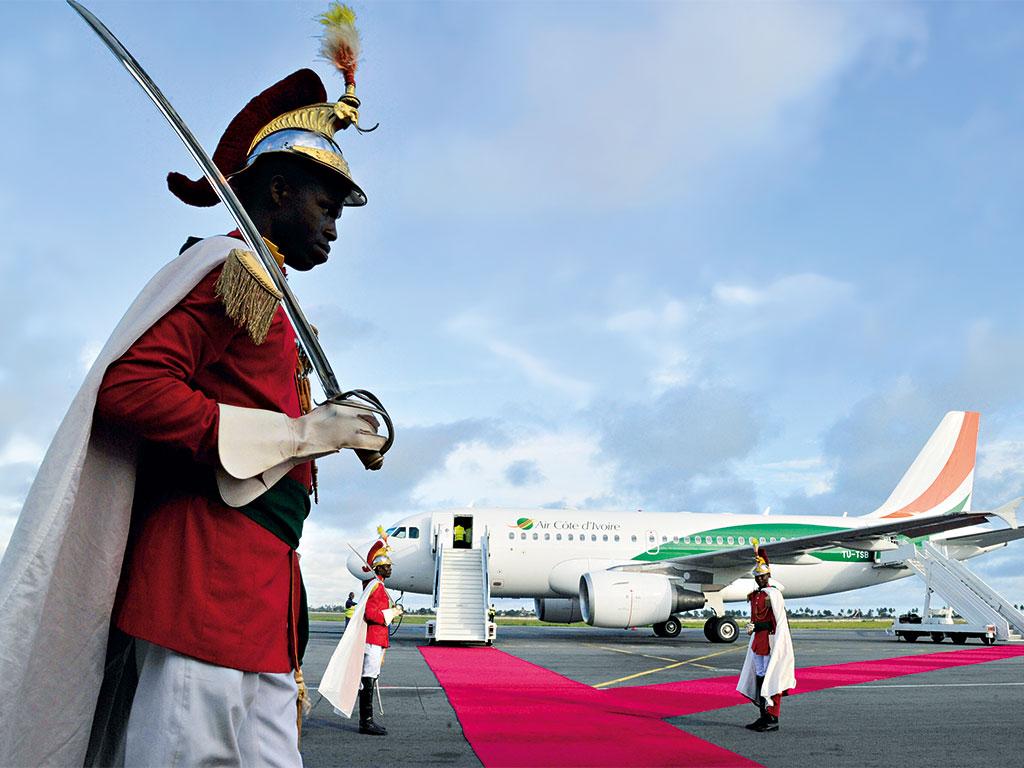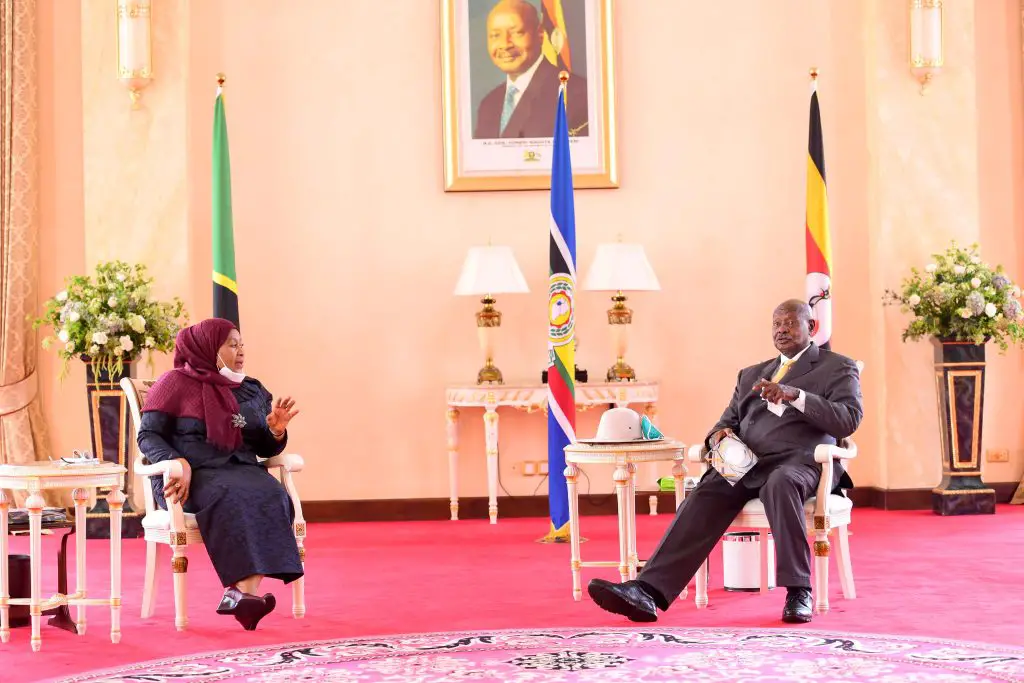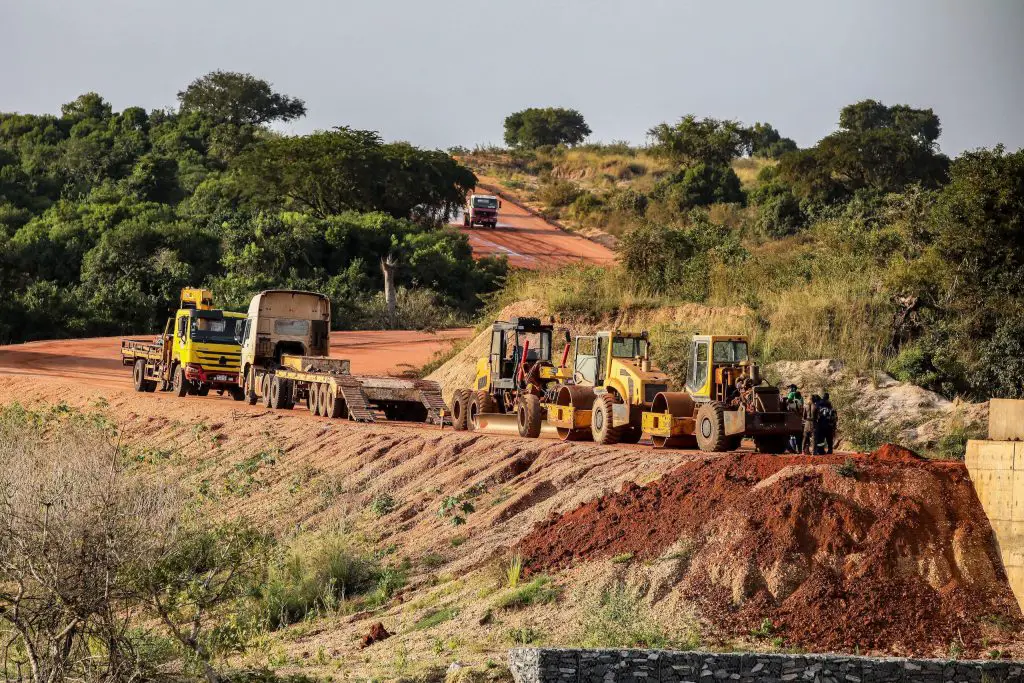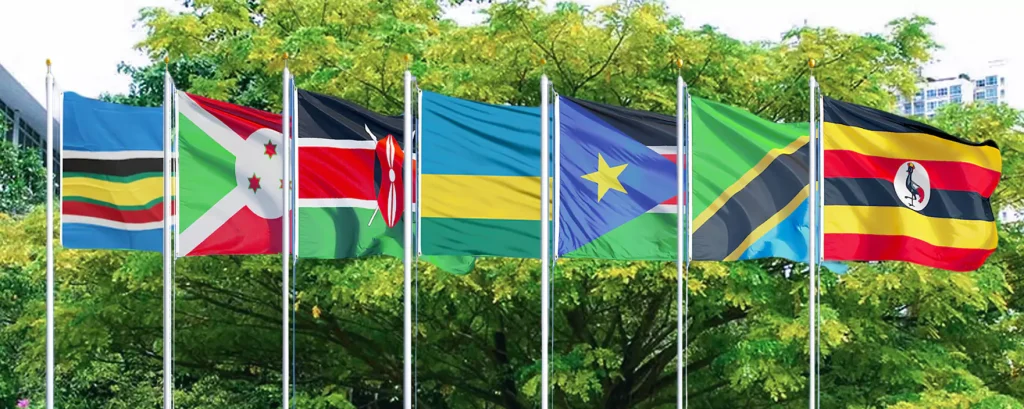- Youth Unemployment in Kenya: The Role of Vocational Training
- New $900,000 initiative aims to boost sustainable trade in Tanzania
- Organization of the Petroleum Exporting Countries’ (OPEC) pride in its African roots
- AIM Global Foundation pushes for stronger Gulf-Africa trade partnerships
- Investment opportunities in South Sudan’s emerging gold industry
- Family planning drive in Kenya gets 450,000 self-injectable contraceptive doses from UK
- AfDB commits $2 billion to revolutionise clean cooking in Africa, save forests
- The harsh realities of family laws for African women revealed
Browsing: Uganda
Generally speaking, the proliferation of mobile phone technology has increased access to mobile money services (MMS) and is the backbone of mobile money deployment in both rural and urban areas of Africa.
“Despite its enormous benefits, embracing the usage and acceptance of mobile money has mostly been low due to security issues and challenges associated with the system,” warns professor Guma Ali from the Nelson Mandela African Institution of Science and Technology.
In a paper titled ‘Evaluation of Key Security Issues Associated with Mobile Money Systems in Uganda,’ the pundit suggests the need to carry out a survey to evaluate the key security issues associated with mobile money systems in Uganda (and Africa).
In the study that followed, which employed a descriptive research design, and stratified random sampling technique to group the population, some 741 registered mobile money (MM) users and 447 registered MM agents along with 52 mobile network …
Most Kenyans, 83 per cent, indicated a willingness to increase the amount of money they allocate to savings and investments, but the inability to save due to insufficient funds after fulfilling their obligations that require regular funding and the availability of quick digital loans.
Among their obligations which contribute to Kenyans’ financial strain is supporting their extended family which considerably bites into their savings. 84 per cent of people indicated that they regularly provide some income to their extended family, mostly in case of emergencies, because they feel a sense of obligation to send their extended families money and because their extended family members treat them better when they are sent money.
On their part, the extended family members mostly use the money to cater to recurring expenses like food & transport, school fees and medical expenses at 23 per cent, 19 per cent and 18 per cent respectively. Farm-related …
Infrastructure development continues to be a vital driver of foreign direct investment (FDI) since logistics are so necessary for global business development, mainly e-commerce, which is now a significant generator of income and jobs at home and abroad.…
Most Kenyans, 83 per cent, indicated a willingness to increase the amount of money they allocate to savings and investments, but the inability to save due to insufficient funds after fulfilling their obligations that require regular funding and the availability of quick digital loans.
Among their obligations which contribute to Kenyans’ financial strain is supporting their extended family which considerably bites into their savings. 84 per cent of people indicated that they regularly provide some income to their extended family, mostly in case of emergencies, because they feel a sense of obligation to send their extended families money and because their extended family members treat them better when they are sent money.
On their part, the extended family members mostly use the money to cater to recurring expenses like food & transport, school fees and medical expenses at 23 per cent, 19 per cent and 18 per cent respectively. Farm-related …
Most Kenyans, 83 per cent, indicated a willingness to increase the amount of money they allocate to savings and investments, but the inability to save due to insufficient funds after fulfilling their obligations that require regular funding and the availability of quick digital loans.
Among their obligations which contribute to Kenyans’ financial strain is supporting their extended family which considerably bites into their savings. 84 per cent of people indicated that they regularly provide some income to their extended family, mostly in case of emergencies, because they feel a sense of obligation to send their extended families money and because their extended family members treat them better when they are sent money.
On their part, the extended family members mostly use the money to cater to recurring expenses like food & transport, school fees and medical expenses at 23 per cent, 19 per cent and 18 per cent respectively. Farm-related …
The Entebbe airport stands to transform Uganda’s movement over time as it advances to become an oil economy alongside Tanzania.
South Africa, one of the wealthiest countries, has the largest road network, 750,000kms, while Tanzania, East Africa’s competitive economy, has more than 86,000km of roads.
In the current economic scenario, where uncertainty brought by economic shocks from the pandemic and political tensions force nations to expand their horizon of influence, the past years have shown why African infrastructures must be robust and conducive to enhancing value creation.
Whoever moves fast and swiftly dominates the economic conversation. South Africa, Kenya, Namibia and Nigeria are among the top African nations with more robust economies.…
- Uganda to resume sugar imports into Tanzania
- Kenya is yet to allow the proposed import of 90000 tonnes of Ugandan sugar
- Investigation missions pry into a source of Ugandan sugar
Tanzania will now import sugar and anti-retroviral (ARVs) drugs from Uganda after President Samia Suluhu managed to iron out over three years of trade creases between the two countries.
After the agreement, the two countries released a joint communiqué in which they published the trade agreement details. According to the executive communication, Uganda will now supply up to 10,000 tonnes of sugar to Tanzania every year.
This is a major turn of events from zero to 10000 tonnes which finally ends Tanzania’s 2019 ban on Uganda sugar. Before the 2019 ban on Uganda sugar imports into Tanzania, Uganda was exporting into Tanzania in excess of 20000 tonnes.
During the ban, Tanzanian officials had argued that the sugar that Uganda was …
According to sources inside the diplomatic community, the projected tax of US$144 will be levied at the same rate throughout the entire Common Market for Eastern and Southern Africa (Comesa) regional bloc. The private sector, and in particular the participants in the logistics industry, who considered the levy as a barrier to commerce in the region, is receiving a significant amount of relief as a result of the reduction in the charge.
The two nations came to an agreement on the terms of the partnership during Her Excellency President Samia Suluhu Hassan’s official visit to Uganda, which lasted for two days. The necessary tax helps cover the costs of repairing and maintaining the roads that are often travelled by trucks, with the goal of promoting the safety of those who use the roadways.
According to a joint declaration that was published by the presidency of Tanzania, Tanzania has asked the …
- The EACOP is one of the biggest oil project in Uganda
- The total investment has reached $10 billion
- Uganda will pay Tanzania $ 12.20 per barrel transported through the pipe
The East African Crude Oil Pipeline project has again reached another height as the two partnering nations, Tanzania and Uganda, have signed a Memorandum of Understanding on cooperation in defence and security for the ambitious and controversial EACOP project.
The signing was penned on Friday last week at the climax of a three-day Inter-governmental Security Committee Meeting held in Kampala, Uganda.
The MoU was signed on behalf of the two nations by Uganda’s Minister of Defence and Veteran Affairs Vincent Bamulangaki Ssempijja and his Tanzanian counterpart, Minister of Defence and National Service Dr Stergomena Tax.
According to the Ugandan minister, the MoU was an important matter to be concluded, as highlighted by the two partner nations, President Samia Suluhu Hassan…
With the recent addition of the DRC to the East African region, landlocked countries have found an alternative port of entry in the Atlantic Ocean. The swiftness of trade with two ports of entry and the region’s strategic location will be incomparable to any other region on the continent.
The East African Federation would be the fourth largest country in both population and landmass, trailing after China, India and the United States. President Uhuru Kenyatta says that the federation would have over 300 million people.
The gross domestic product for the region will sum up to US$250 billion, the fourth-largest in Africa and the 34th biggest globally. Since the beginning of the last decade, East Africa has had the fastest growing economy globally. In 2019, the region’s economy grew by about 5 per cent. If the federation continues with this growth rate, the new country would quickly become the biggest …


